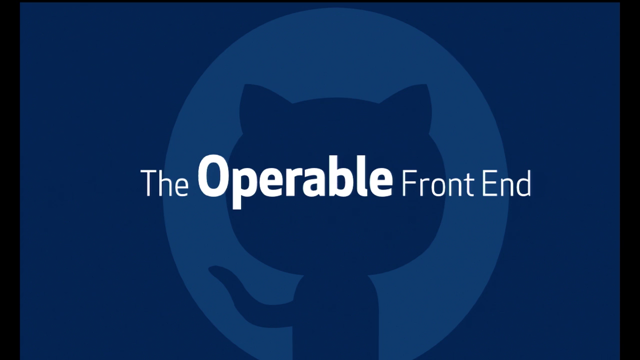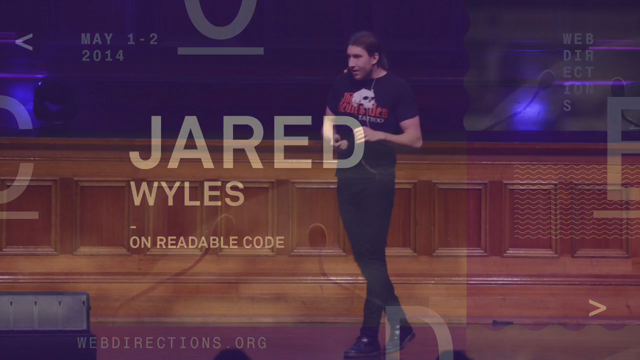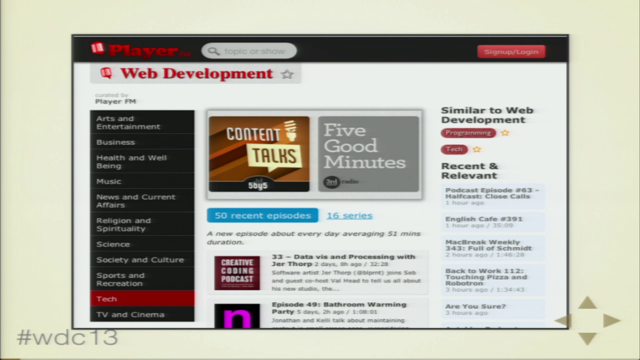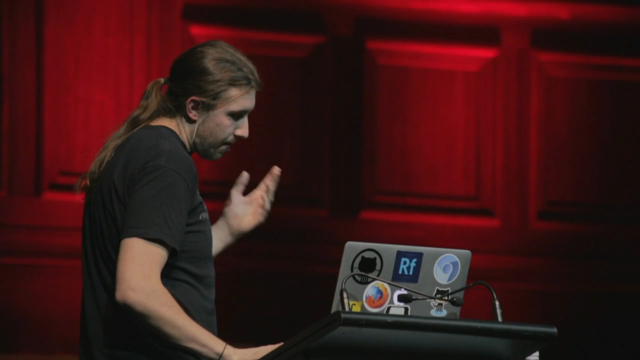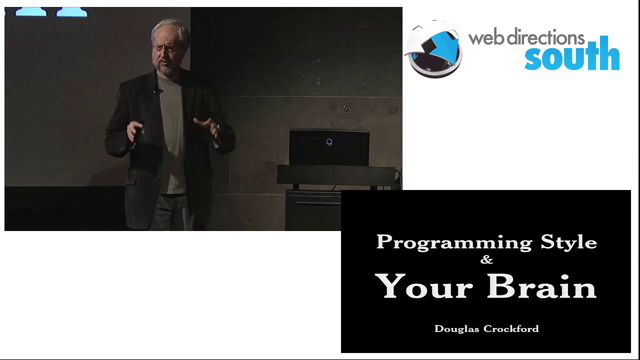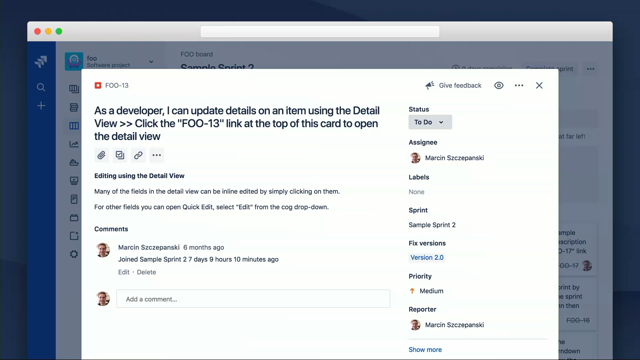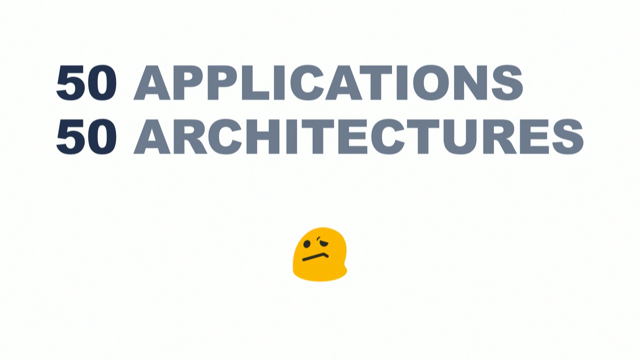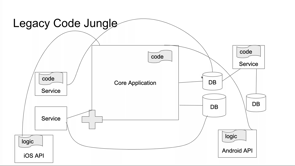Expert Generalists
July 10, 2025

As computer systems get more sophisticated we’ve seen a growing trend to value deep specialists. But we’ve found that our most effective colleagues have a skill in spanning many specialties. We are thus starting to explicitly recognize this as a first-class skill of “Expert Generalist”. We can identify the key characteristics of people with this skill – and thus recruit and promote based on it.
Source: Expert Generalists
The philosopher Isaiah Berlin n 1953 wrote The Hedgehog and the Fox, that
divide writers and thinkers into two categories: hedgehogs, who view the world through the lens of a single defining idea (examples given include Plato, Lucretius, Blaise Pascal, Marcel Proust and Fernand Braudel), and foxes, who draw on a wide variety of experiences and for whom the world cannot be boiled down to a single idea (examples given include Aristotle, Desiderius Erasmus, Johann Wolfgang Goethe)
In many professions, including software engineering, we tend to favour hedgehogs (perhaps in part because knowledge retrieval systems have been so rudimentary of cumbersome that deep specific knowledge of a field has been required to get to a level of expertise.)
Here Martin Fowler reflects on the foxes, what he calls ‘expert generalists’ in software engineering, and how LLMs might make this role more important.
An Expert Generalist, armed with a solid grasp of fundamentals and the knack to master principles and patterns, can truly harness the power of LLMs. They’re not just asking an LLM to write code in a new language; they’re able to ask more insightful questions, critically assess the AI-generated suggestions against their broader understanding, and adapt those suggestions to fit sound architectural patterns. Their curiosity discourages them from simply accepting an answer, but to understand how proposed solutions work – which is exactly the behavior needed to overcome the unreliability inherent in LLM-given advice.
